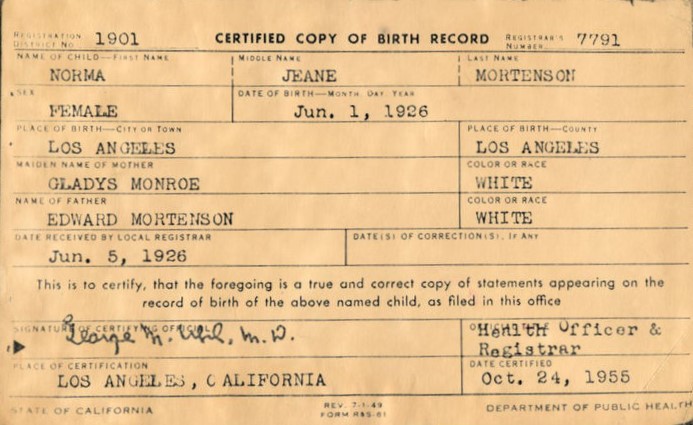
After commemorations of the September 11, 2001 attacks this week and after America’s birthday celebration on July 4, researchers about America are reminded: It’s time to re-dedicate ourselves to investigating history, our immigrant ancestors, and their families’ contributions to the United States.When we seek comprehensive information on forebears and the contextual culture that surrounded them, let’s use the National Archives and Records Administration’s helpful state archives contact lists and resources to identify best archives for our investigations found here.Archives are essential to our research. They provide information, documents, and artifacts. They also often hold ongoing meetings/present lectures related to state history. (Many are currently providing special exhibitions or presentations about the 100-year anniversary of World War I this year and next, so it’s a good time to research World War I military service.) This article, the third in a series, will focus on archives in Virginia and Georgia.
Virginia
The Library of Virginia at Richmond serves as the state archives. For family history purposes, it’s important to note the “Genealogy: How to Begin” section of its web site. It mentions availability of census, vital records, city/county records, military records, and Bible records primarily consisting “of photocopies of original family registers found in Bibles.” (Lineage organization compilations of Bible records, such as those contributed by the Daughters of the American Revolution, are also present.) There is also a “Genealogical Notes and Charts” collection made up of contributions by private citizens, donations of genealogical materials currently, and so on. About the donated material, note this archives caveat: “We do not verify the accuracy of the information contained therein.”Under “Databases and eBooks,” you’ll find “Biographical and Genealogical.” The section contains items such as “American Founding Era: Papers of George Washington Digital Edition.” Another example is “Mountain People: Life and Culture in Appalachia (1700-1950).” If you’re researching female ancestors, “Women in History” contains more than 300,000 history of women journal articles.The library website mentions that “copies of items in our collections are available for a pre-paid fee” and there is information about obtaining “permissions” when needed. You can benefit from the archives by both electronic and in-person visits. UseVirginia Memory for the multi-faceted digital collections list.
Georgia
The Georgia State Archives in Morrow, Georgia (near Atlanta) contains records from 1733 forward. Formerly a division of the secretary of state’s office, it has been under the auspices of the University of Georgia since 2013.It even features the 5th annual “Archives and Genealogy Day” coming up October 7, 2017. (Deadline to register is October 1.) For those whose families feature Georgia history, it will have a treasure trove of information. There’s an all-day “Beginning Basics of Genealogy” track. For more advanced researchers, Track 2 offers sessions about how to use newspapers, manuscript collections, and the University of Georgia’s Map and Government Information Library for family history. There’s also a session on using Baptist church records via Mercer University (that is located in Macon, Ga.) for family research. In November, the archives will feature “Georgia Reference Archivists’ Favorite Collections: Interesting, Unusual, and Underutilized Records.” These types of records are often critical to genealogy research. (Tip: If your family had Georgia ancestors, you will also want to explore Georgia Historic Newspapers via the Digital Library of Georgia.)The Archives’ Virtual Vault contains something called an Ad Hoc Collection –random Georgia-related images that have been scanned for various purposes, that researchers may use. Happily, for family history researchers, it also includes a Bible Records Microfilm Collection that is arranged by surname. There are Civil War records at the archives, land records, and even a copy of the royal charter that formally established the colony of Georgia in the 1730s.
Knowing the Rules: Planning for Archives Trips
By remembering that archives are not organized in the same way as libraries are, researchers can greatly enhance archives trips by preparation that makes visits both more productive and more fun. Though some general research sources are available to be selected from shelves by researchers, many more must be retrieved by archivists instead. Examine the finding aids carefully to determine fairly exactly what you will need prior to a visit rather than trying to do all of that time-consuming work on site.Look carefully at the rules/hours for each archives (Virginia, Georgia, or others), noting any special procedures such as limited daily time frames for retrieving or using records. For example, the Georgia archives website notes that “original documents are retrieved from 8:30 to 4 p.m.” At most archives, there are rules about what researchers may bring in. Here’s an example: “Researchers will be asked to store jackets, bags, purses, pens, etc. in lockers before beginning their research.” Many researchers like to scan documents or take photos. What are the particular rules at the archives where you’re researching?After checking the regulations of each archives, family historians are encouraged to contact the archives ahead of time by one-two weeks about finding specific resources. This means that archivists can make preparations to locate needed items by the time of the visit, saving research time for visitors. To help with this, there are “contact us” lists on the archives web sites or specified e-mail addresses. For example, the Georgia State Archives provides an “Ask an Archivist” form on its web site.Click here to receive help from an expert with your Virginia genealogy research or Georgia genealogy research.




